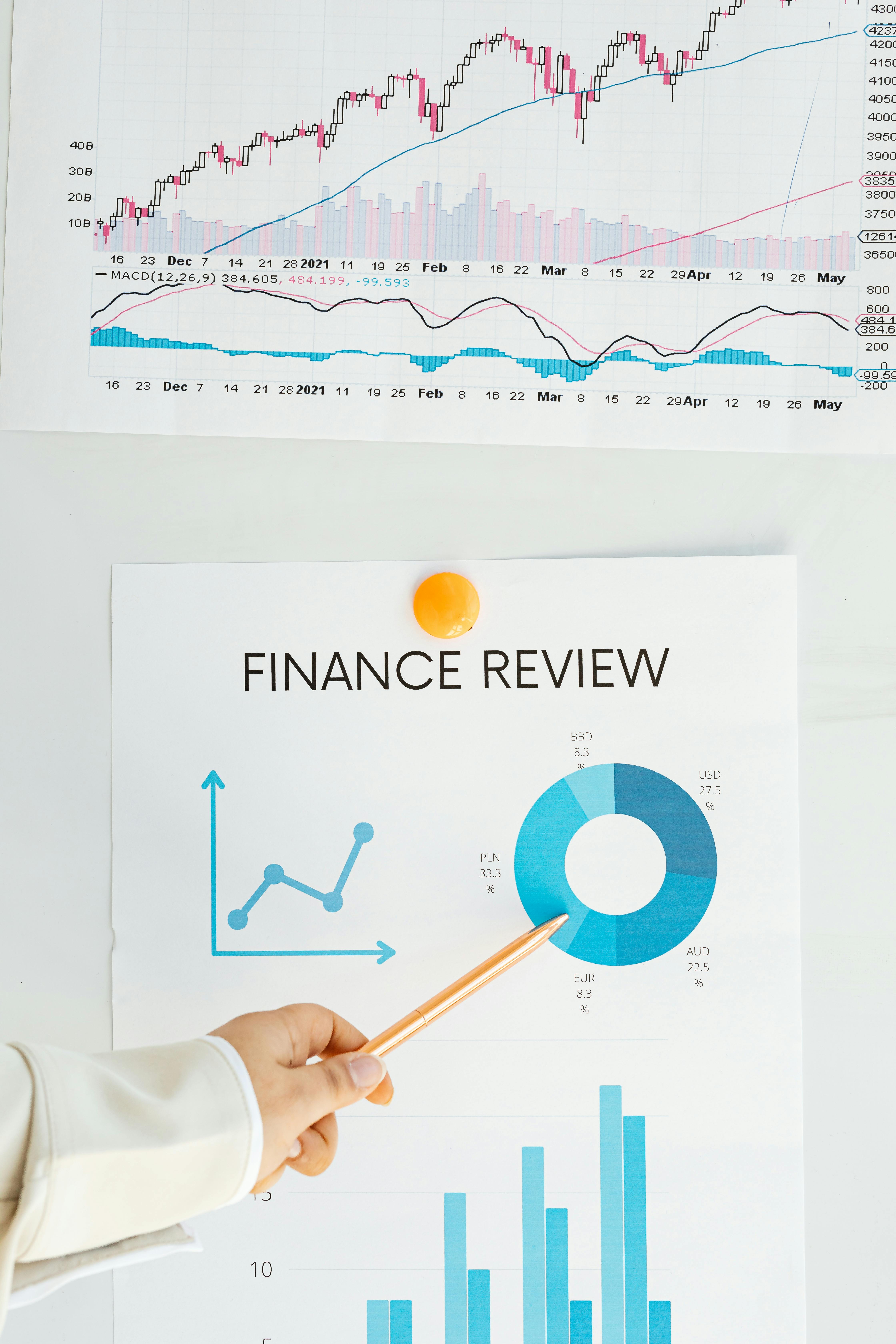Key Insights into the Crucial Need for Regulating AI: Establishing Rules for Sustainable Growth

Artificial Intelligence (AI) is integrating rapidly into every sector of society, such as safety, privacy, and fairness. As AI continues to evolve and influence these areas, the need for effective regulation grows in the same measure. To ensure ethical AI deployment and usage, governments, organizations, and industry players need to establish legislation and policies that set boundaries for AI growth.
Understanding Artificial Intelligence and Its Impacts
AI is built upon algorithms capable of learning patterns and making predictions, which are used to autonomously perform tasks. Widespread adoption and integration of AI in various sectors bring about serious implications such as cyber threats, data privacy issues, and most importantly, ethical concerns. As AI technologies and applications become more pervasive, the potential for misuse also expands. Therefore, it becomes crucial to establish a clear framework of AI guidelines and regulations that can safeguard the integrity of AI technology.
AI Regulation: An Imperative for Growth
Regulating AI is not about stifling advancements or hindering progress; instead, it lays the foundation for safe, responsible, and sustainable growth. Like a trellis supports a vine's progress, regulations guide AI's exponential growth by providing intelligent constraints. It helps keep AI innovations focused, thereby preventing them from causing harm, especially in sensitive areas such as healthcare, defense, and finance. It provides a system of checks and balances to ensure AI does not violate privacy, security and ethical norms.
Establishing AI Regulation Boundaries: A Collective Responsibility
Formulating AI regulations is a shared responsibility among different stakeholders. Governments need to engage in creating policies that encourage AI transparency, reliability, and accountability. Industries need to develop standards and methodologies that shape AI performance, safety, and efficacy. Researchers should continue unraveling the complex mechanisms of AI, while consumers need to understand their own rights and responsibilities when interacting with AI systems.
Developing an International Framework for AI Regulation
The deployment of AI technologies does not recognize national boundaries. Its global reach necessitates regulatory measures that extend beyond local jurisdictions. Consequently, an international regulatory framework is both beneficial and necessary. Such a framework will not only provide a universal standard but also encourage data-sharing agreements between different countries, fostering global collaborations.
Balance between Innovation and Regulation
As we stride into the AI-driven era, it's important to strike a balance between advancement and regulation. Over-regulation can hinder innovation, while under-regulation can open the door to potential misuse or unintended consequences. To promote AI's healthy growth, governments, organizations, and industry players should seek the golden mean – where regulations nurture AI's positive societal impact and minimize its risks.
Clearly, the regulation of AI systems is imperative for their sustained growth and beneficial use. Informed, effective, and worldwide regulations can support AI's promise and potential, while simultaneously minimizing its risks and ensuring that its deployment is aligned with the values and norms of the society it serves.



